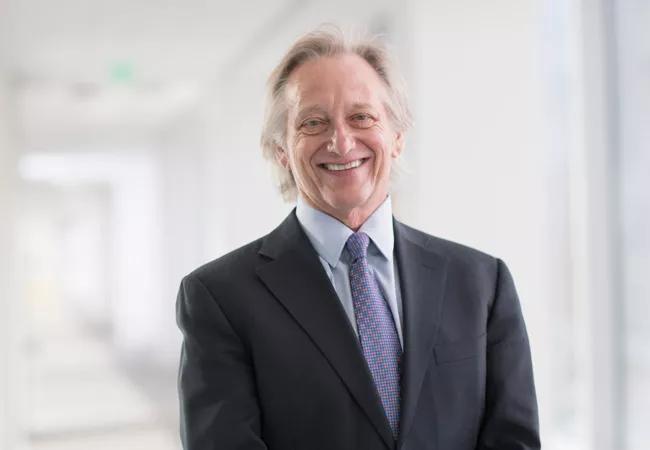How do we process the gravity of what we do?

In his regular column in Oncology Times, Cleveland Clinic Cancer Center Chair Brian Bolwell, MD, FACP, explores topics critical to leading cancer centers in today’s healthcare environment. This time, he gets personal:
Advertisement
Cleveland Clinic is a non-profit academic medical center. Advertising on our site helps support our mission. We do not endorse non-Cleveland Clinic products or services. Policy
“I think those of us who chose oncology did so with open eyes. We knew that a lot of our patients would die of cancer. And we are ok with that. We can help them throughout their journey. We see many people who are at their best when things are at their worst. We are also in a field that is highly intellectual with a rapidly expanding knowledge base—no other field of medicine is exploding with new discoveries and new treatments to the extent cancer medicine is. The ability to offer new therapies based on immunology or genomics is energizing. But year after year of getting calls in the middle of the day that one of our patients has died—with other patients waiting, or other issues that need to be addressed, and no time to adequately process the news—takes its toll. And I wonder if that toll is cumulative.”
Read the full column here.
Photo Credit: ©Russell Lee
Advertisement
Advertisement

First-of-its-kind research investigates the viability of standard screening to reduce the burden of late-stage cancer diagnoses

Global R&D efforts expanding first-line and relapse therapy options for patients

Study demonstrates ability to reduce patients’ reliance on phlebotomies to stabilize hematocrit levels

A case study on the value of access to novel therapies through clinical trials

Findings highlight an association between obesity and an increased incidence of moderate-severe disease

Cleveland Clinic Cancer Institute takes multi-faceted approach to increasing clinical trial access 23456

Key learnings from DESTINY trials

Overall survival in patients treated since 2008 is nearly 20% higher than in earlier patients